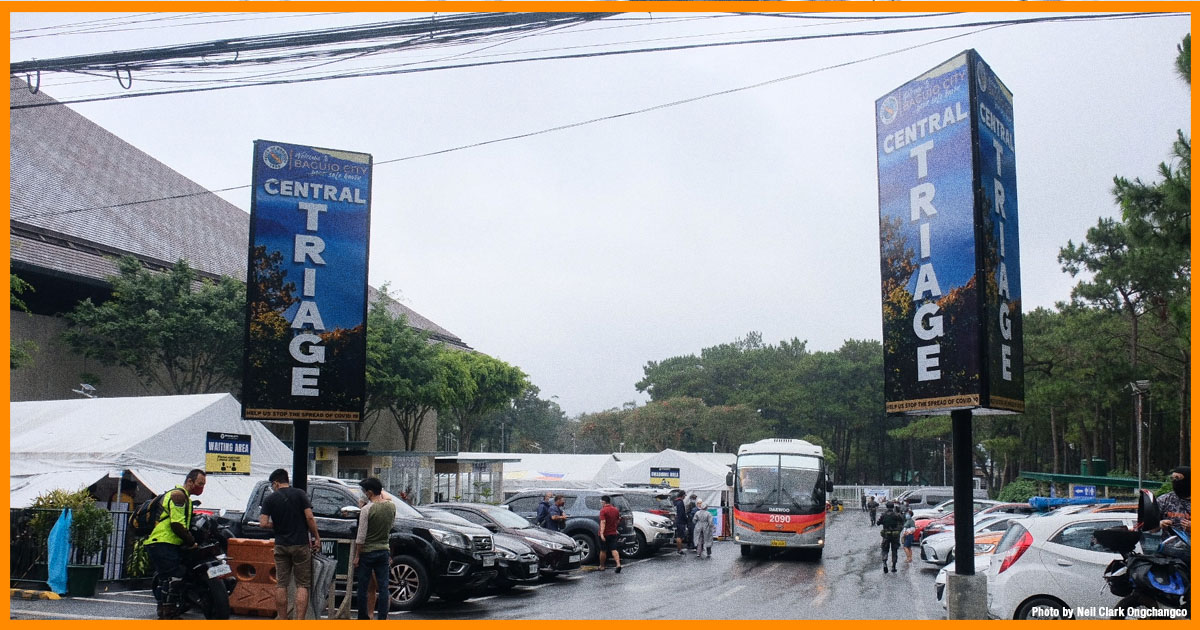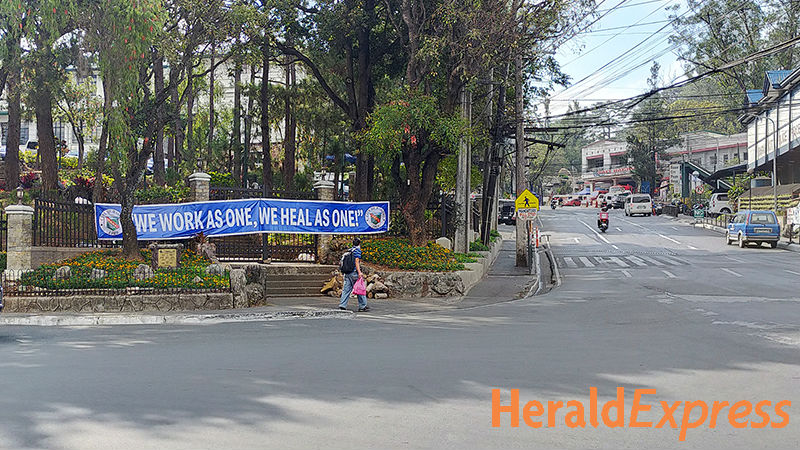BAGUIO CITY – The Cordillera office of the National Commission on Indigenous Peoples (NCIP-CAR) urged tribal leaders to help the concerned government agencies and local governments in convincing indigenous peoples to be vaccinated against the dreaded Coronavirus Disease 2019 (COVID-19) to ensure they will be protected from the severe effect of the virus.
NCIP-CAR regional director lawyer Marlon Bosantog stated that the elders should lead the way in advocating for the vaccination of their people for their protection from the deadly virus so that they will be able to continue with their way of life while adhering to the implementation of the minimum public health standards.
He pointed out that people should remember that in the hierarchy of rights, the right to life is at the top, thus, it should be the priority to be protected through the availability of the existing vaccines purposely for their overall protection.
The NCIP-CAR official underscored that many indigenous peoples want to be vaccinated to protect themselves from the effect of the virus and that tribal leaders should be the ones to make sure that the members of the indigenous communities should be vaccinated with any of the available vaccines provided by the concerned government agencies.
According to him, while the health department and other local governments are having a difficult time convincing people in other areas to be vaccinated because of certain beliefs, it seems that the government’s vaccination roll out in the Cordillera is doing well because of the increasing number of people who want to be inoculated as evidenced by the data being released by the Cordillera office of the health department.
Bosantog called on tribal leaders to continue intensifying their information and education campaign to the members of their communities to show that indigenous peoples give premium to their protection from the virus instead of exposing and having themselves infected and transmitting this to their family members, relatives and communities.
The Cordillera is dominantly populated by indigenous peoples belonging to various ethnolinguistic groups composing 92 percent of the regional population.
Bosantog expressed hope that the region will achieve population protection and eventual herd immunity before the end of the year with the expected increase in the vaccines being provided by the health department so that recovery towards a better normal will happen soonest so that there will be a gradual and safe revival of the local economies.
He assured that the NCIP-CAR will also assist the concerned government agencies and tribal leaders in intensifying their information and education campaign to help convince people to be vaccinated to spare them from the severe effects of the infection that might compromise their lives. By HENT













